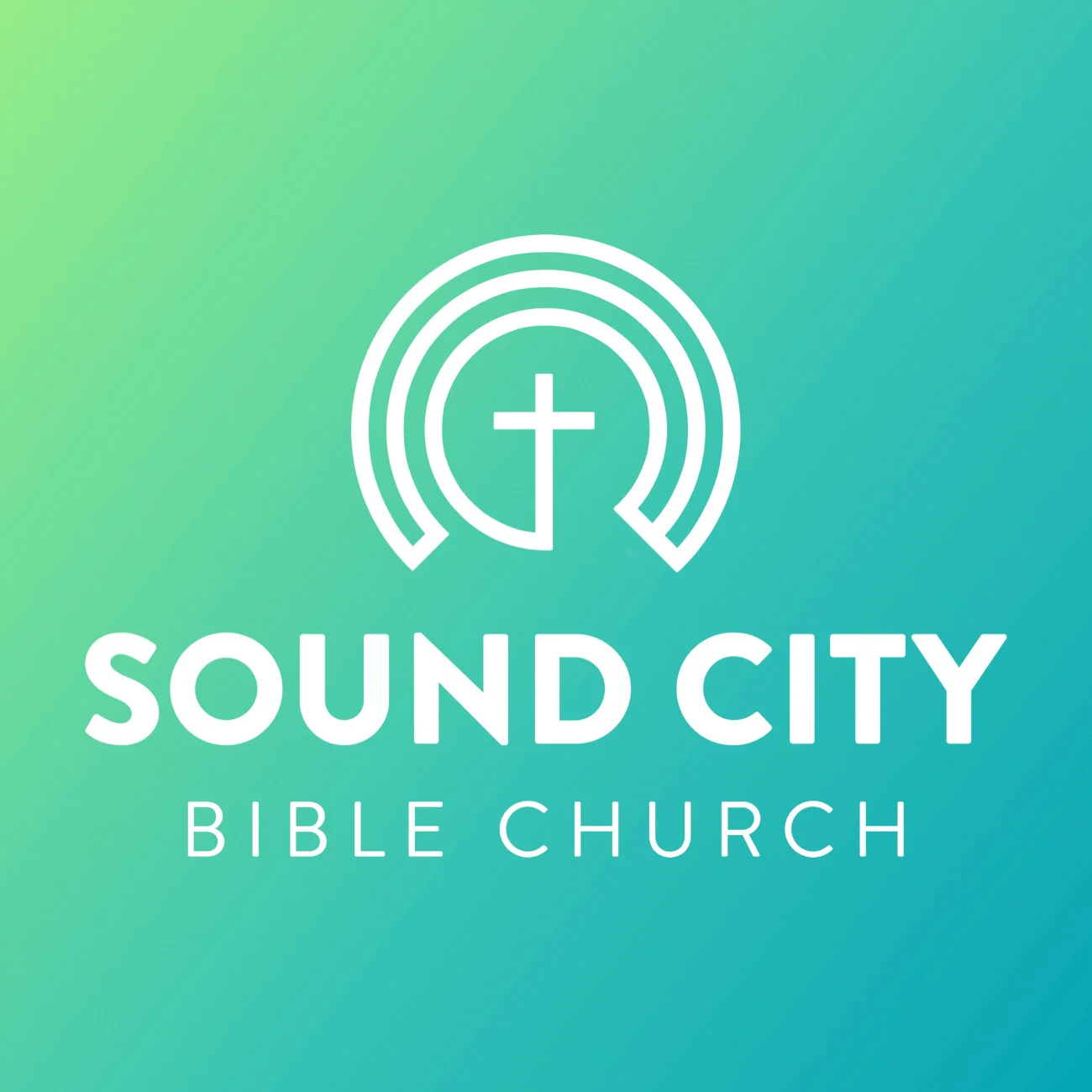Sermon Description
In the final section of Colossians, Paul instructs his hearers to make the best use of the time that we have. In particular, he urges his hearers to be diligent in prayer, and to be wise in our interactions with those who are outside of the community of faith. Finally, he lists a long list of people within the community of faith, showing us the beauty of deep relationships that are founded on the gospel of Jesus. When you put it all together, we learn that God wants our interactions with others—both Christian and non—to be an overflow of our interaction with him.
Discussion Questions
Is your prayer life marked by devotion, alertness, and gratitude? Why or why not? How is God stirring you to grow in your prayer life?
Are your interactions with non-Christians marked by wisdom and graciousness? Is your speech “seasoned with salt” and desirable to such people? How does trusting in God’s sovereignty help us in this endeavor?
How do the riches of the Christian community personally bring blessing to your life? How does Jesus invitation into his family shape the way that we interact with other Christians?
Participation in the Christian community will inevitably lead to some heartache because all are sinners. Where have you experienced God’s grace even in the middle of heartache with other Christians?
Prayer Points
Pray that God’s people will live their lives according to Gospel priorities and purposes.
Pray for opportunities and courage for our church family to boldly share the Gospel of Jesus!
Pray for God’s continued guidance in the forming of the partnership between SCBC and MLBC through the merger.

